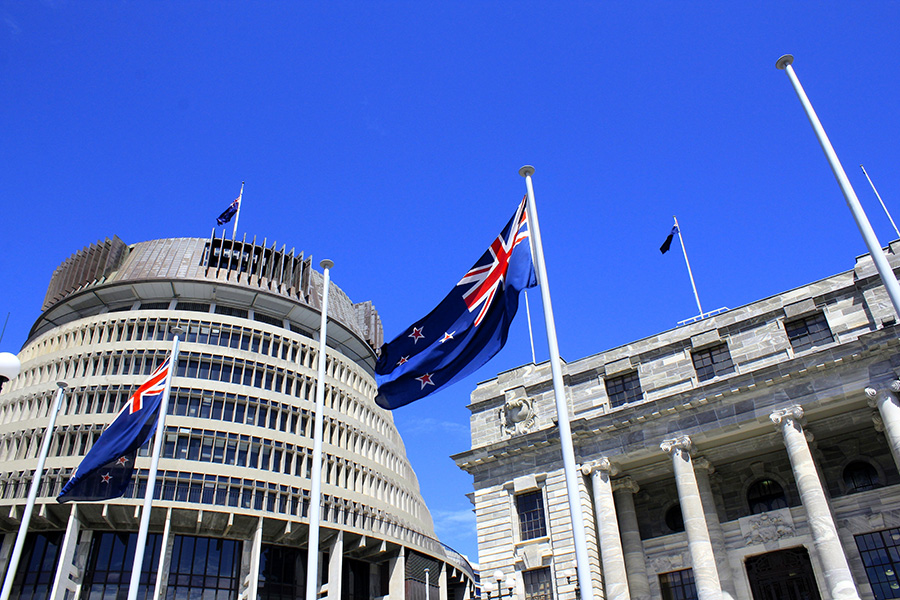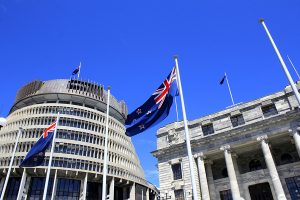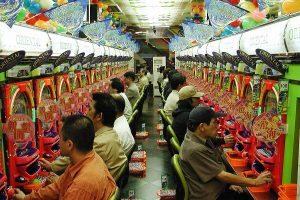Auckland councillor calls for changes in slots regulation

Councillor Josephine Bartley says councils should have more powers to control pokies.
New Zealand.- Josephine Bartley, an Auckland councillor and deputy chair of the council’s regulatory committee, has called for changes to the way the slot machines are regulated in New Zealand after sharing a family experience with gambling addiction. Bartley says her mother was addicted to slot machines and lost the family house as a result.
Bartley says local councils should have more power to regulate the industry. She believes local authorities are too limited in what they can do to address the impact of problem gambling under the Games of Chance Act 2003.
Simone Rodda, an associate professor of psychology and neuroscience at Auckland University of Technology, has co-authored a study that found that while as many as 5.8 per cent of adults may have a gambling problem, only 0.2 per cent have sought help.
Internal affairs minister Jan Tinetti said in a statement: “I agree that more systematic change is needed to reduce harm from gambling overall, including how to address the impact of pokie machines on poorer communities such as south Auckland.”
Andree Froude, a spokesman for the Problem Gambling Foundation, said: “I think a lot of councils feel hamstrung because they can’t do much to reduce pokie machine numbers. Councils need to have the power to remove them from areas where they are causing the most harm.”
In October 2020, Auckland City Council voted to maintain its sinking lid policy for Category 4 slot machines in the area. The policy means that no new licences will be issued for the new venue and will prevent the transfer of slots from one club to another if it closes.
In June, the Labour Government of New Zealand announced a NZ$76m (US$47.9m) investment for a new strategy aimed at preventing and minimising gambling harm-related issues. The strategy will be funded by a problem gambling levy paid by non-casino gaming machine operators, casinos, TAB NZ and the New Zealand Lotteries Commission.








